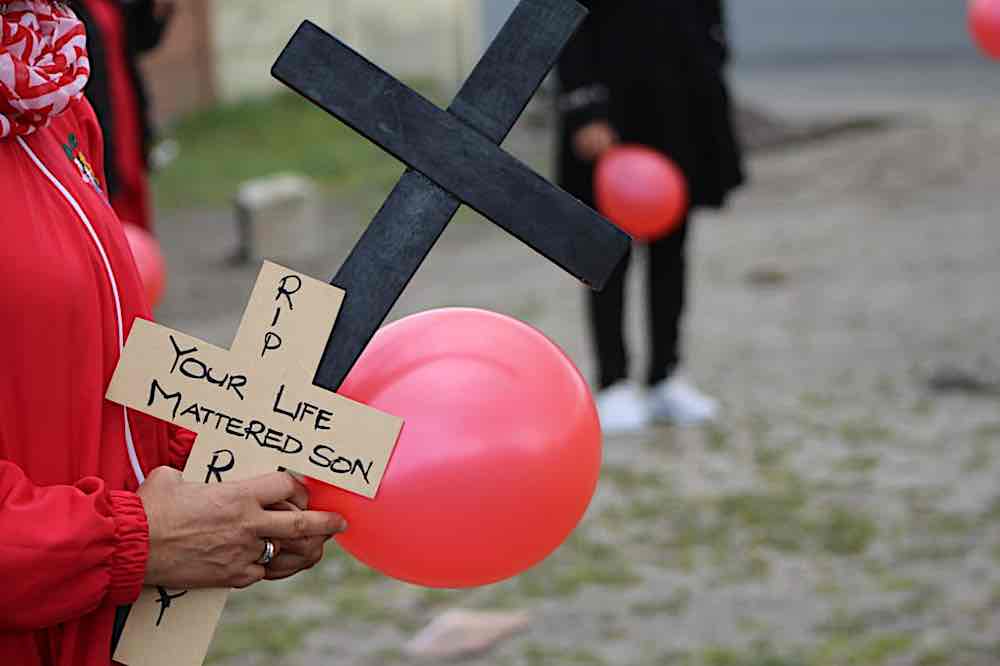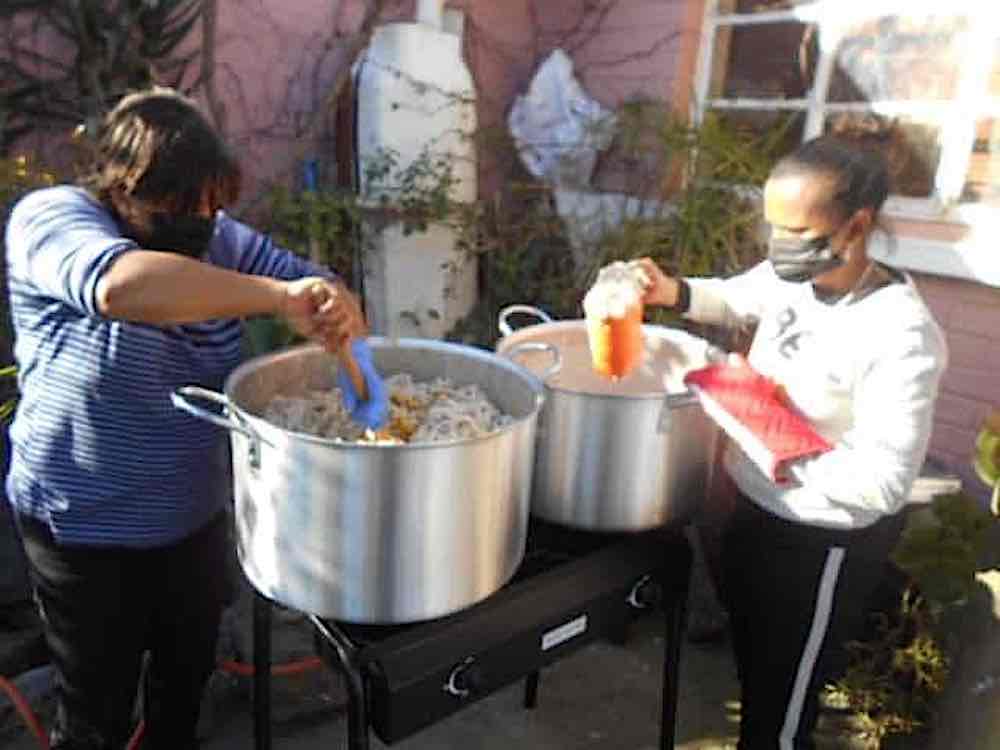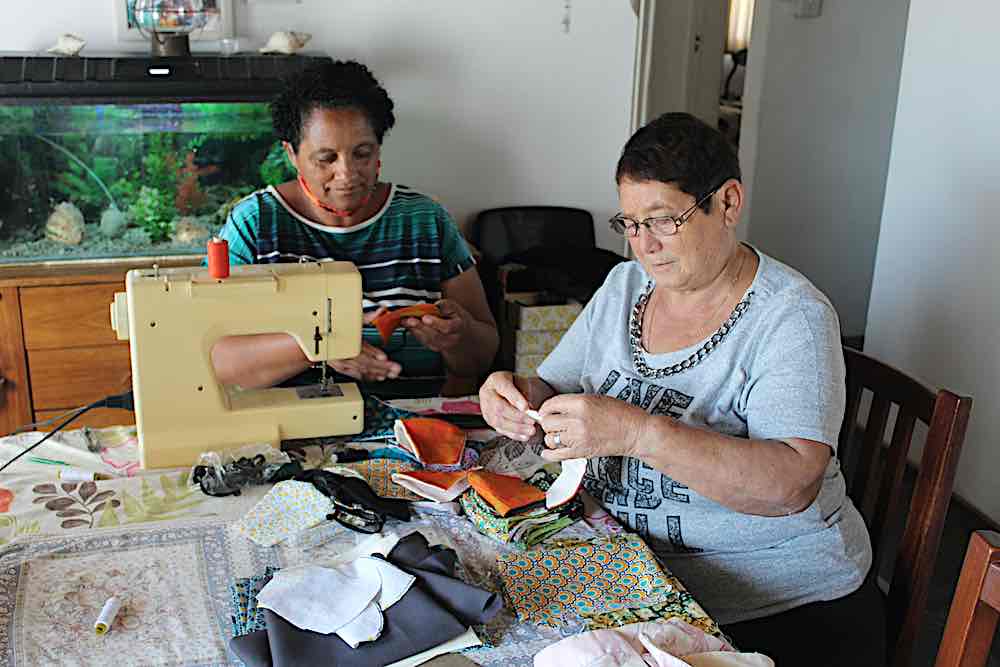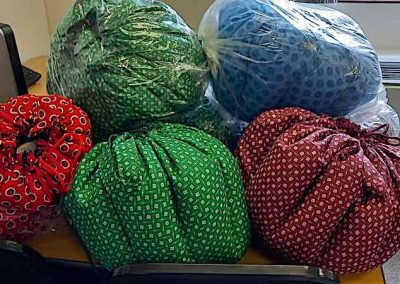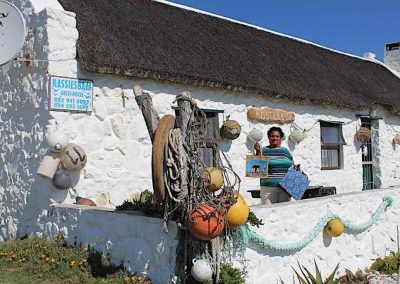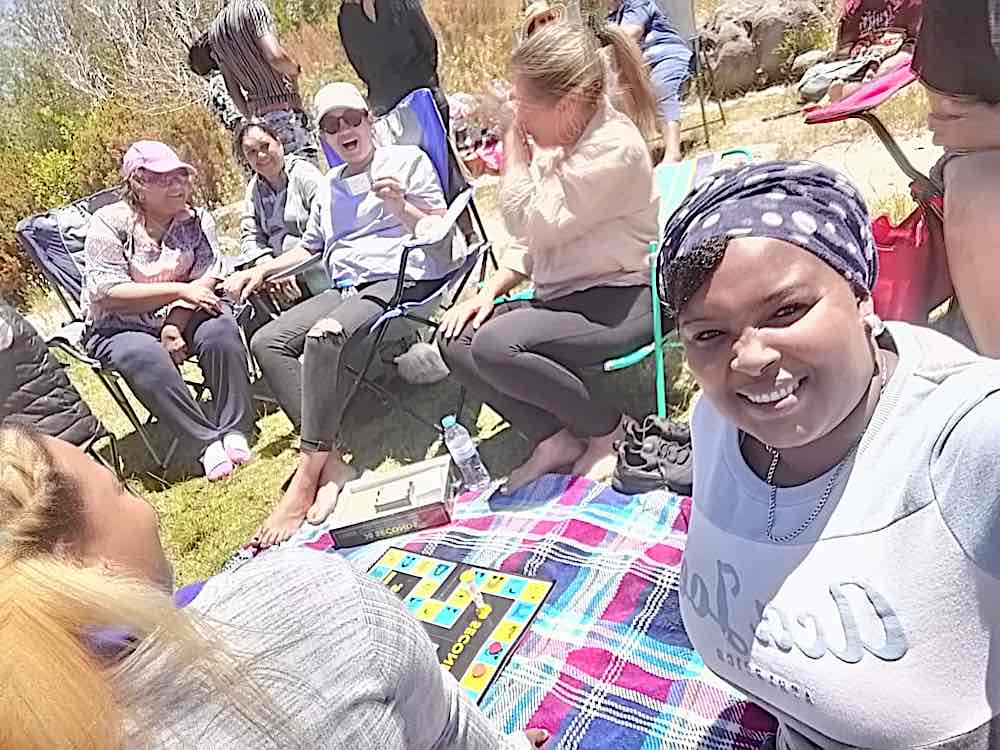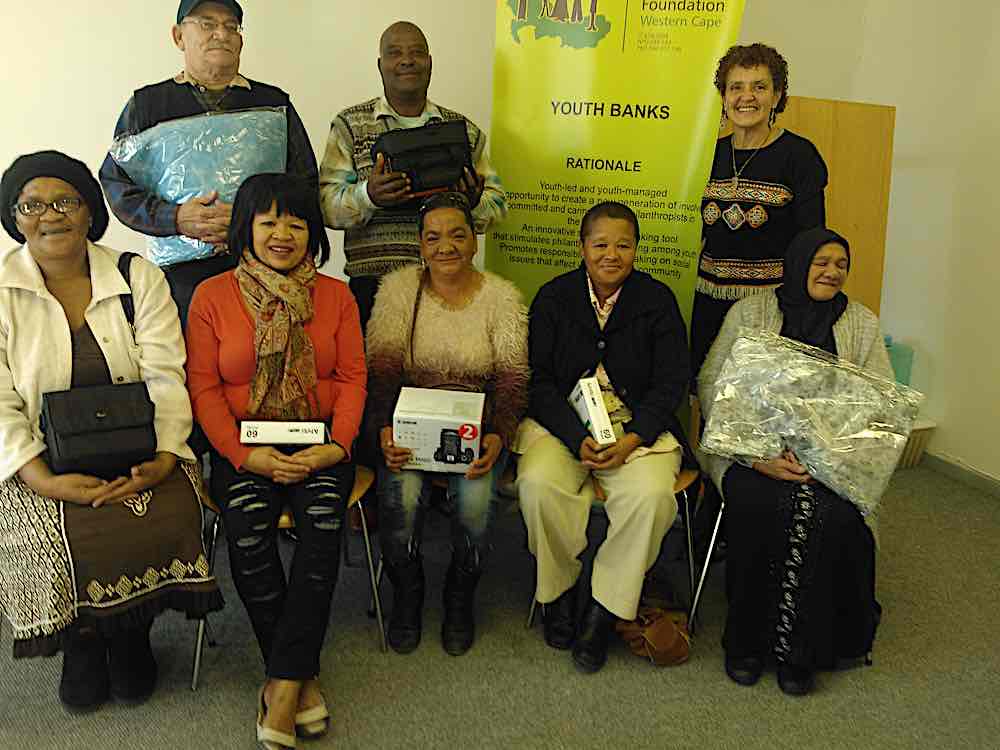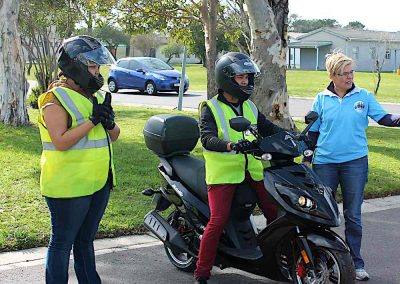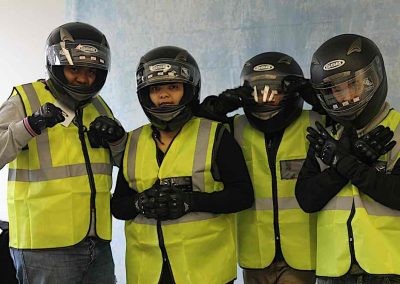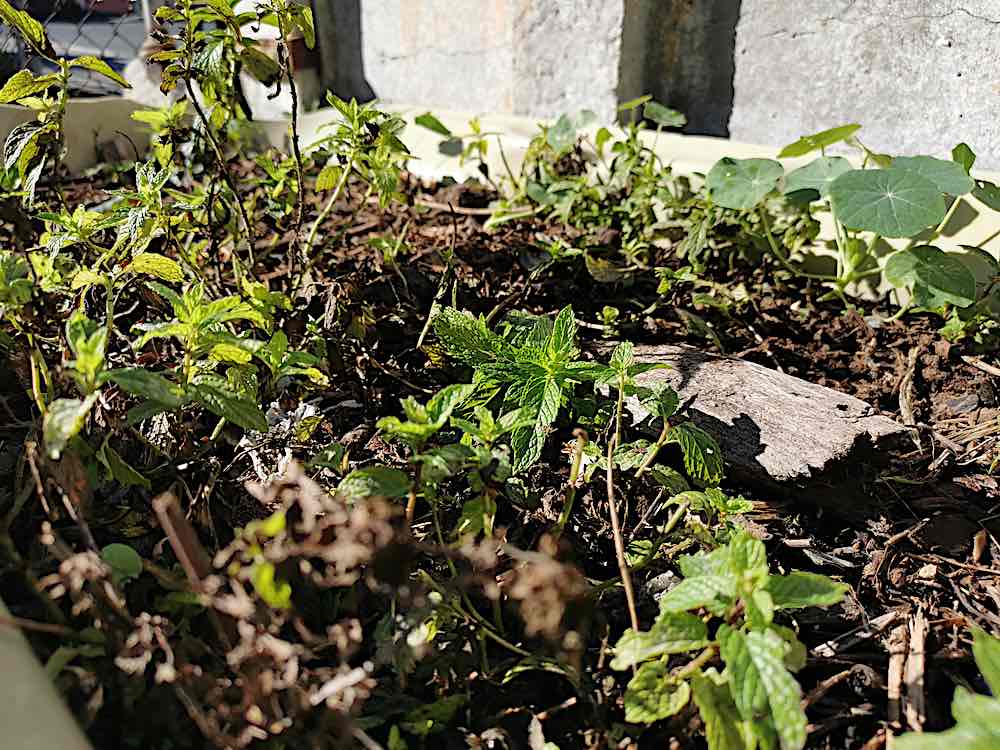Our
Projects
Food Security
Hunger and poverty were a phenomenon of pre- Covid-19, and the pandemic highlighted and exacerbated these plights in our communities. Food security through the implementation of food gardens, to ensure sustainability, became the order of the day. Community kitchens were not able to keep up with the demands for fresh ingredients. Community gardens were started by community-based organisations, and they also taught children, youth and adults gardening skills and provide vegetables to community kitchens.
Mental well-being
To improve the integrated well-being of women inclusive of mental health care, break-away weekends and day outings have been initiated. A higher awareness on integrated well-being women in marginalised communities exist. Strengthening of social cohesion networks and support systems, especially for mothers in the community. Solid life foundations are in place for girls and boys to realise their potential. The spirit of Ubuntu is brought back into our communities – your child is my child ethos.
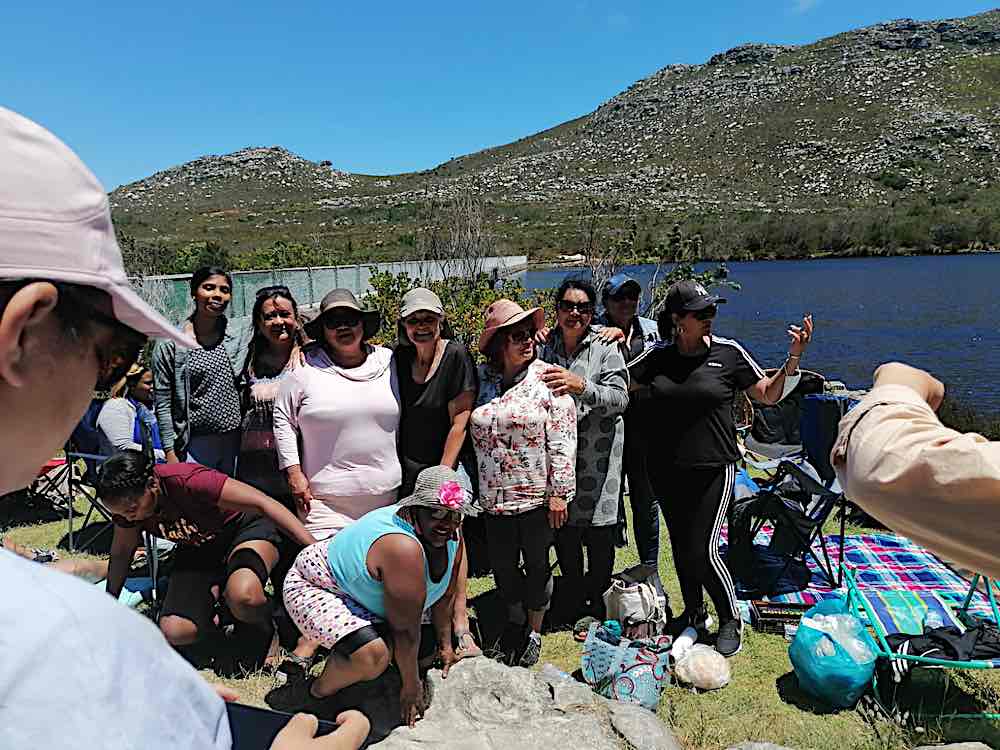
Youth Civic Engagement programs
The PhotoSpeak Programme themed ‘governance through the eyes of the youth” encourages young people, trained in basic photography, to capture images of events in their communities linked to the Bill of Rights and the Constitution of South Africa. These photographic images raise awareness and insights to rights and responsibilities from which actions and solutions unfold. Dubbed the “photo shoot” project, the programme banners are used and displayed regularly, particularly during big events at school and community levels. This creates further opportunities for dialogue. Youth activities are profiled in annual reports and newsletters, and spaces of learning and exposure are created by assigning youth as photographers at events and as co-trainers of the PhotoSpeak Programme.
Green Economy
Even though the Western Cape managed to avoid “Day Zero” of the water shortage crisis due to the drought in 2019, the two community projects in Ottery and Mitchell’s Plain grew by using adaptable planting and irrigation methods that were resilient in the times of drought. Despite the ongoing drought and subsequent water crisis, at least 2 community projects sustained their efforts and are progressing well beyond our expectations. In the community of Mitchell’s Plain, the WW Jacobs Organic garden has expanded and diversified into growing indigenous plants and flowers for the local market. WW Jacobs garden has been recognized as a small business in the urban agricultural space and was offered a market space to sell their goods over weekends. The project in the Delft Community, Masithembele, started a food garden to assist with the sustainability of their feeding project for their afterschool and holiday programmes.






